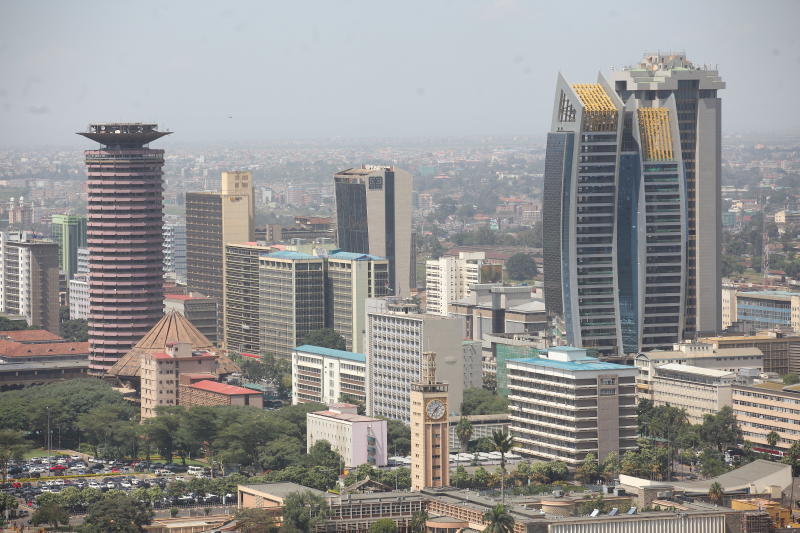×
The Standard e-Paper
Fearless, Trusted News

“Your name betrays you” is a nightmare to many.
The fear of being rejected because you go by a particular label that is associated with particular mannerisms is a hurdle many have had to jump over. There is so much to the tags that we use to label each other.